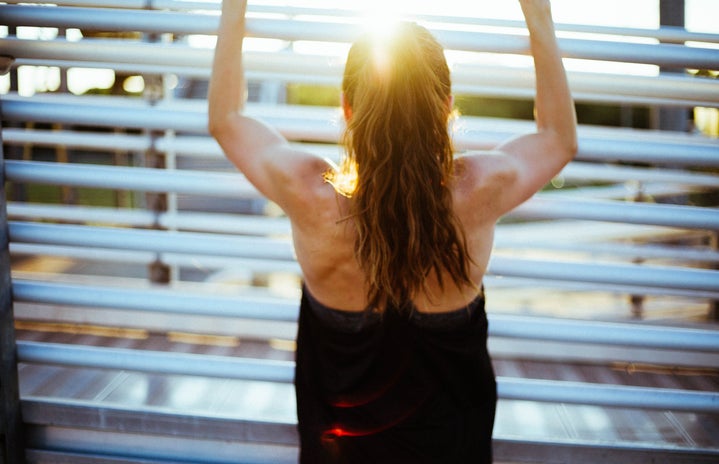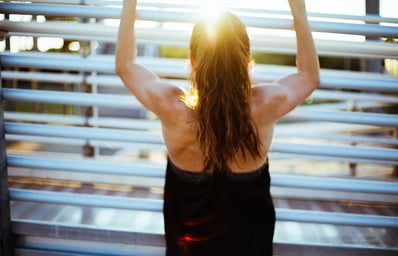Unlike a lot of people, I downloaded Instagram during my senior year of high school, after they changed the logo. While I hated feeling like I was missing out on memes, it helped my self-esteem in the long term– thanks mom! Instagram has dedicated itself to becoming the premier platform for image sharing, and as a result, it’s filled with thousands of what are called influencers:people who are almost always richer and more attractive than you. And when our feeds constantly show us the same kinds of images—beautiful travel spots, gorgeous women, huge houses and cars—it’s easy to feel dwarfed by the lives that other people are living.
However, deleting Instagram removed me from the digital world that everyone in our peer group interacts with. The solution isn’t to ban Instagram outright because that creates different problems, like isolation, and we all live in a world that’s geared toward digital media. So, as someone who’s been caught in the cycle of deleting and re-downloading Instagram, the solution is not to deprive yourself, but to make the algorithm work for you.
Here are four accounts young women can follow to support their self-esteem.
- @jameelajamilofficial
Jameela Jamil is a self-described “feminist-in-progress” who discusses recovering from an eating disorder candidly. She plays Tahani on NBC’s The Good Place, and shows us that we all struggle with feeling insecure in our bodies, regardless of what we look like.
- @lizzo
Lizzo is living her best life and she wants you to live yours, too! From practicing mantras during her concerts to twerking with her dancers, Lizzo is entertaining and supportive in equal measure.
- @decolonizing-fitness
Decolonizing fitness, aka Ilya, is a physical therapist based in Durham, North Carolina. Ilya is fed up with the way fitness is traditionally portrayed—by able-bodied, cisgender and heterosexual people, and they way it’s weaponized to make people feel like they need to change themselves. Decolonize fitness aims to create space for folks with disabilities, people over 65, and trans and queer people. According to his website, “We firmly believe fitness can be used as a healing modality to help people gain a more supportive connection to their bodies.”
- @chr1styharrison
Christy Harrison, author of the book Anti-Diet, is a HAES (Health at Every Size) and intuitive eating informed dietician who helps people re-establish a relationship with food that doesn’t feel like punishment. She educates on intuitive eating, and how people’s eating habits can serve them. She’s also a host of the Food Psych podcast, which delves into her research on this topic.

